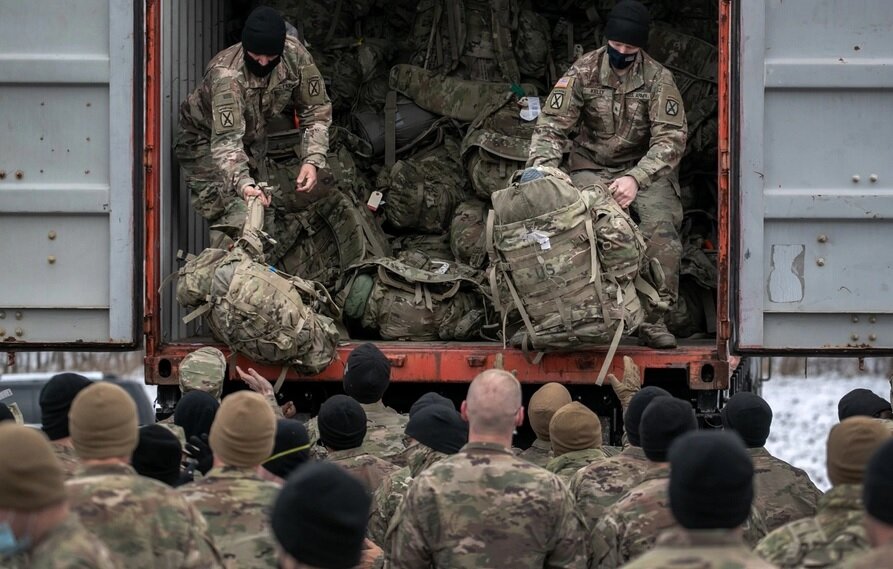Speaking in an interview with the website of the Strategic Council on Foreign Relations, Amir Ali Abolfath said: In order to examine the issue, we have to pay attention to whether we consider the American arguments for entering into Afghanistan and make judgment based on it, or what they express when they are leaving the country?
He added: When the Americans wanted to enter Afghanistan and invade the country, in addition to saying that al-Qaeda was responsible for 9/11 incident, they should be punished and justice should be implemented regarding the victims of that terrorist act, they believed at the same time that Afghanistan is in need of peace and security, and people of Afghanistan under the rule of Taliban should be helped.
The Americans had said at that time that because the Afghan people were under pressure, they could not study, human rights were being violated and there was no democracy, so we have to reach out to the Afghan people and help them. Therefore, in addition to 9/11 case, humanitarian issues and democracy were also cited by Washington as reasons for invading Afghanistan.
Referring to the US reasons for withdrawing its troops from Afghanistan he noted: But now that the United States decides to withdraw from Afghanistan, it says we were just looking for al-Qaeda because al-Qaeda attacked us and our objective is to punish the leaders of that terrorist group and implementation of justice. Also, the Americans have now stated that issues such as nationalization, democracy building, human rights and realization of women’s rights have not been among their targets.
The expert stressed: Therefore, if we intend to judge by the reasons for the US entry into Afghanistan, the Americans suffered a heavy defeat, that is to say, except that al-Qaeda was almost eliminated and Osama bin Laden was killed, but other issues such as democracy, national unity, security, and women’s rights were not guaranteed and everything went back to 20 years ago.
Saying that the Taliban have again established their rule over Afghanistan with their own characteristics, Abolfath added: Therefore, it can be said that not only the 2 trillion dollars spent by the US was in vain, but the Americans also betrayed the Afghan people.
According to the expert, US officials are now stressing that al-Qaeda has been punished and that Osama bin Laden has been killed, claiming that they have succeeded and that their mission in Afghanistan is over. While at the beginning of the invasion on that country, they had defined other objectives mentioned for their military intervention, but now they do not talk about it at all that they invaded Afghanistan to help democracy.
He added: Altogether, for whatever reason we look at the military intervention, the Americans spent 2 trillion dollars in Afghanistan, which is too high for a country like Afghanistan (given US interests there).
Abolfath explained: If Washington had spent less money on reconstruction, security building, anti-corruption activities and elimination of public discontent, Afghanistan would not have fallen so quickly and could have survived in the case of the US forces withdrawal.
The expert on US affairs believes that much of the current situation in Afghanistan lies with Washington which, disregard of the need for political, economic and social reconstruction in Afghanistan, has turned its full attention to the war over the years.
Regarding the consequences of the Taliban’s occupation of Afghanistan for the country and regional as well as transregional countries, he said: The Taliban do not have a clear record of governing, dealing with ethnic and minority groups and women, and facing with modern phenomena, and the history of war and assassination of civilians by this movement has not been erased from the minds of the Afghan people.
Meanwhile, he noted: Of course, one has to take into account the fact that after the fall of Kabul, a different picture of the Taliban is emerging compared to the past, but it is not yet clear whether this process is merely a show and is intended to attract the attention of the West, or whether the Taliban have really changed.
The expert on US affairs continued: The crisis will be partially managed if the Taliban continue to follow the current approach, that is to say do not pursue war, elimination of ethnic groups, killing of Shiites and imposing pressure on women, and do not take action against Afghanistan’s neighbors. However, time will tell whether the Taliban will return to the Taliban of previous years or whether they intend to participate in power and be present in it.










0 Comments